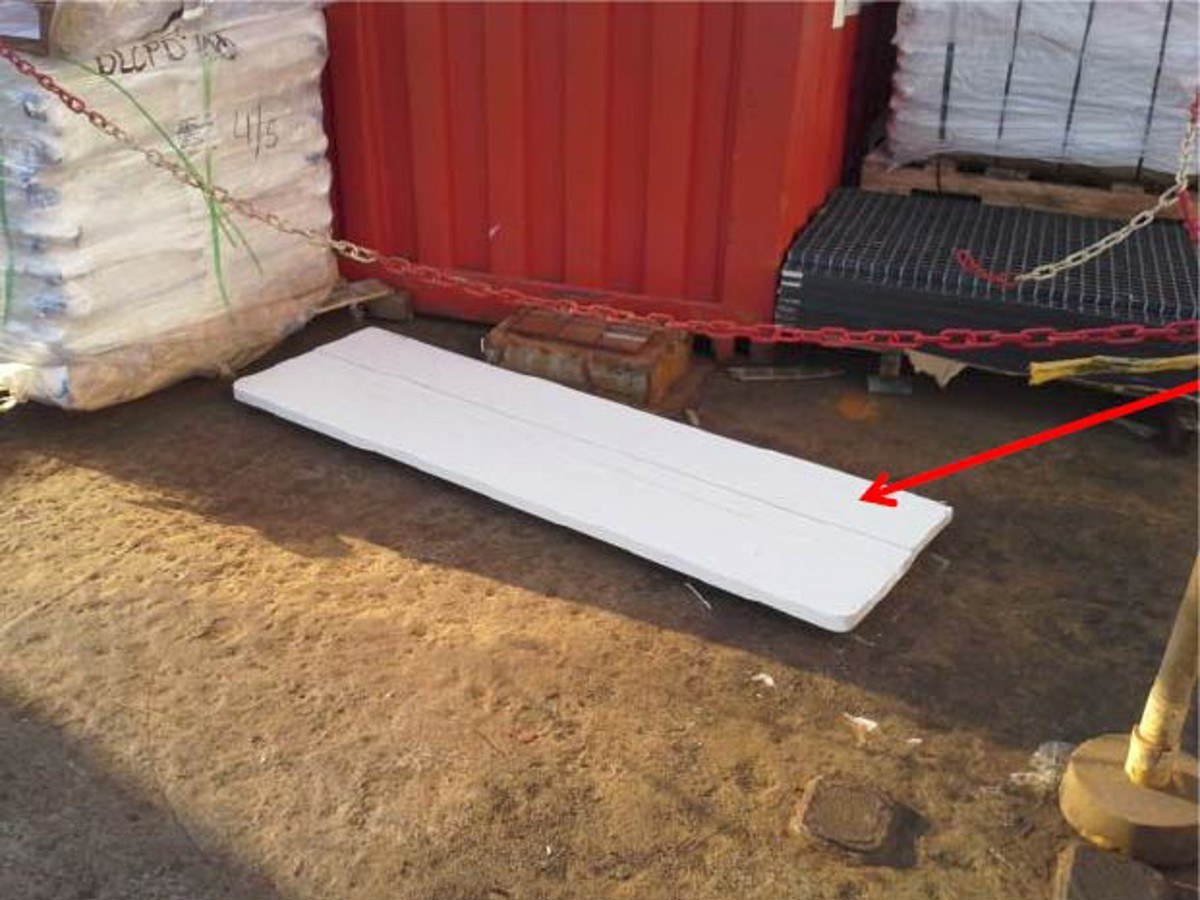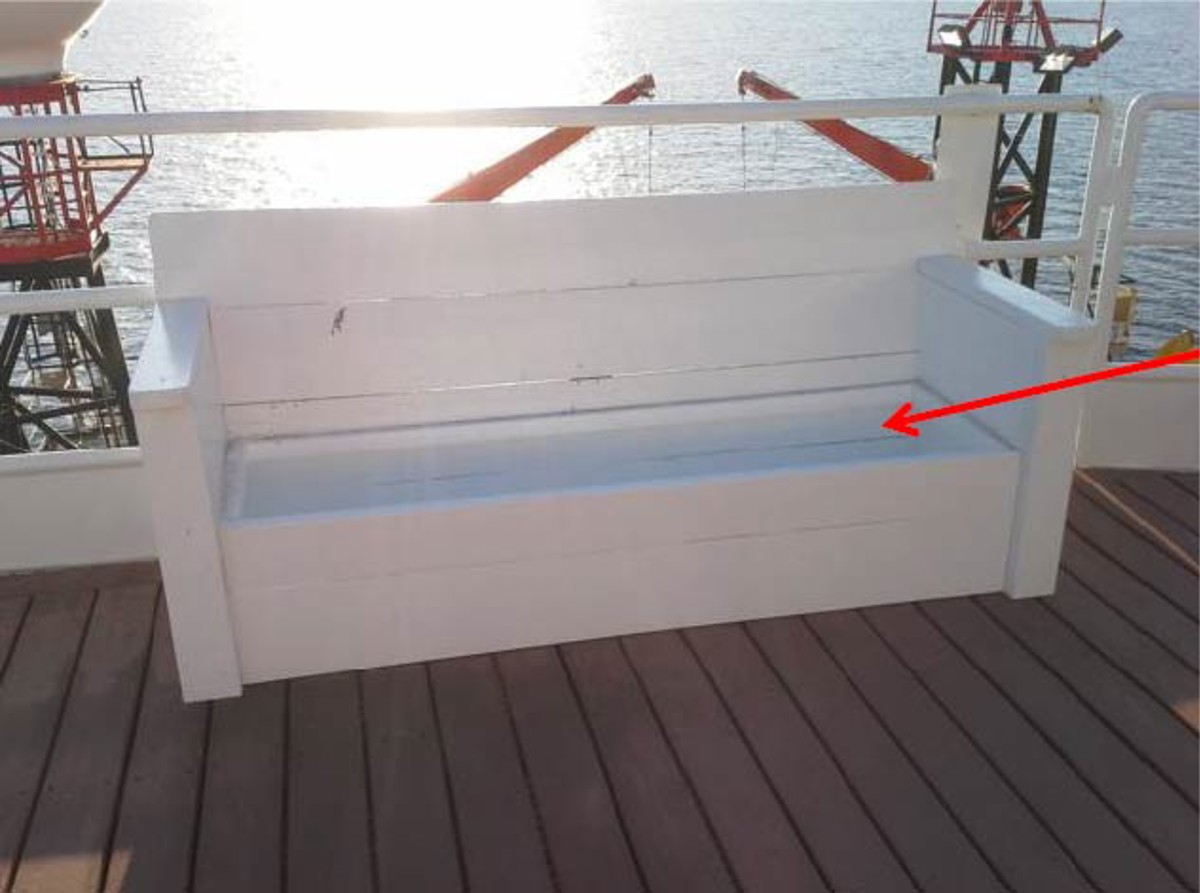Unsecured object lifted by helicopter downwash
- Safety Flash
- Published on 4 June 2014
- Generated on 10 February 2026
- IMCA SF 08/14
- 2 minute read
Jump to:
A Member has reported an incident in which a bench cover was lifted into the air by the downwash of a helicopter coming into land on the nearby helideck.
What happened?
The incident occurred when the vessel received the first crew change helicopter of the day. During the final approach of helicopter, the downwash of its rotors caused the cover of the bench to be lifted into the air and flung onto the deck some 6m below. The object was 180 cm x 50 cm. There was no-one in the area where the object landed.
Our member’s investigation revealed the following:
- The bench was recently made onboard.
- The cover of the bench was not secured.
- The Helicopter Landing Officer (HLO) and assistant had both checked the helideck and the area nearby before the first helicopter arrived.
- The immediate cause of the incident was failure to secure the object -the cover of the bench was not secured nor was a requirement for this identified during inspections.
- The root cause of the incident was:
- Inadequate verification of design – the benches were made for an area affected by downwash during helicopter approach over starboard towards the aiming circle of the helideck. The design of the benches failed to include hinges or securing aids.
- Failure to identify hazard and risk – during manufacturing, installation of the benches and afterwards during pre-helicopter operation inspections, this hazard and the significant risk it posed, was not identified.
Our member took the following actions:
- Performed additional inspections to verify if all equipment and materials are properly secured.
- Ensured that placement of additional/new equipment on or near helideck would be properly risk-assessed before installation.
There are a large number of safety flashes in which one of the causes of the incident is failure to secure objects, whether at height or otherwise – for example, the following Related Safety Flash.
IMCA has received no similar incidents involving any objects caught and lifted by helicopter downwash. Keywords used: debris, object, helideck, downwash.
Related safety flashes
-
IMCA SF 10/08
9 June 2008
IMCA Safety Flashes summarise key safety matters and incidents, allowing lessons to be more easily learnt for the benefit of the entire offshore industry.
The effectiveness of the IMCA Safety Flash system depends on the industry sharing information and so avoiding repeat incidents. Incidents are classified according to IOGP's Life Saving Rules.
All information is anonymised or sanitised, as appropriate, and warnings for graphic content included where possible.
IMCA makes every effort to ensure both the accuracy and reliability of the information shared, but is not be liable for any guidance and/or recommendation and/or statement herein contained.
The information contained in this document does not fulfil or replace any individual's or Member's legal, regulatory or other duties or obligations in respect of their operations. Individuals and Members remain solely responsible for the safe, lawful and proper conduct of their operations.
Share your safety incidents with IMCA online. Sign-up to receive Safety Flashes straight to your email.

